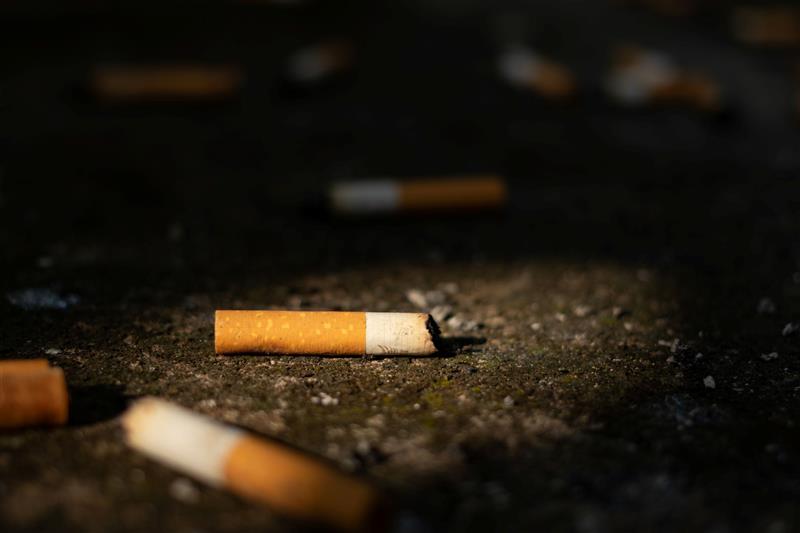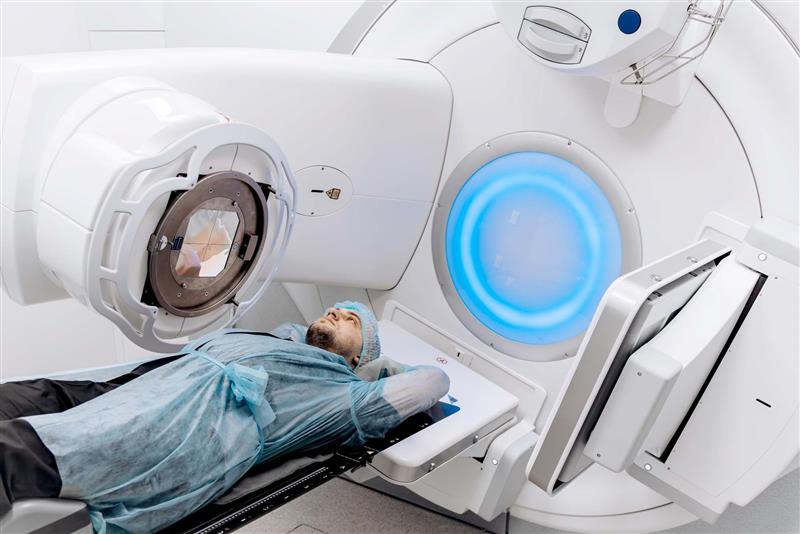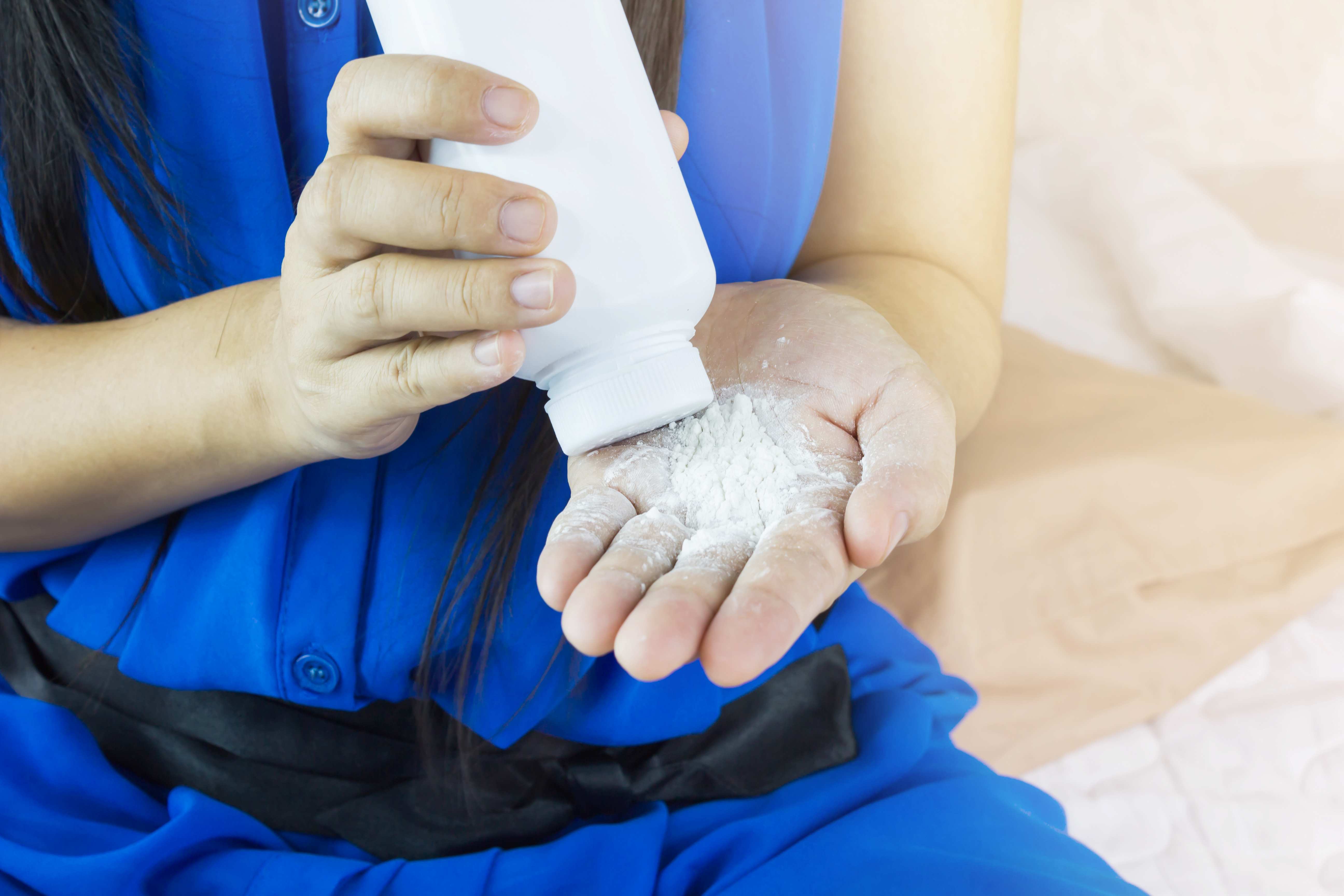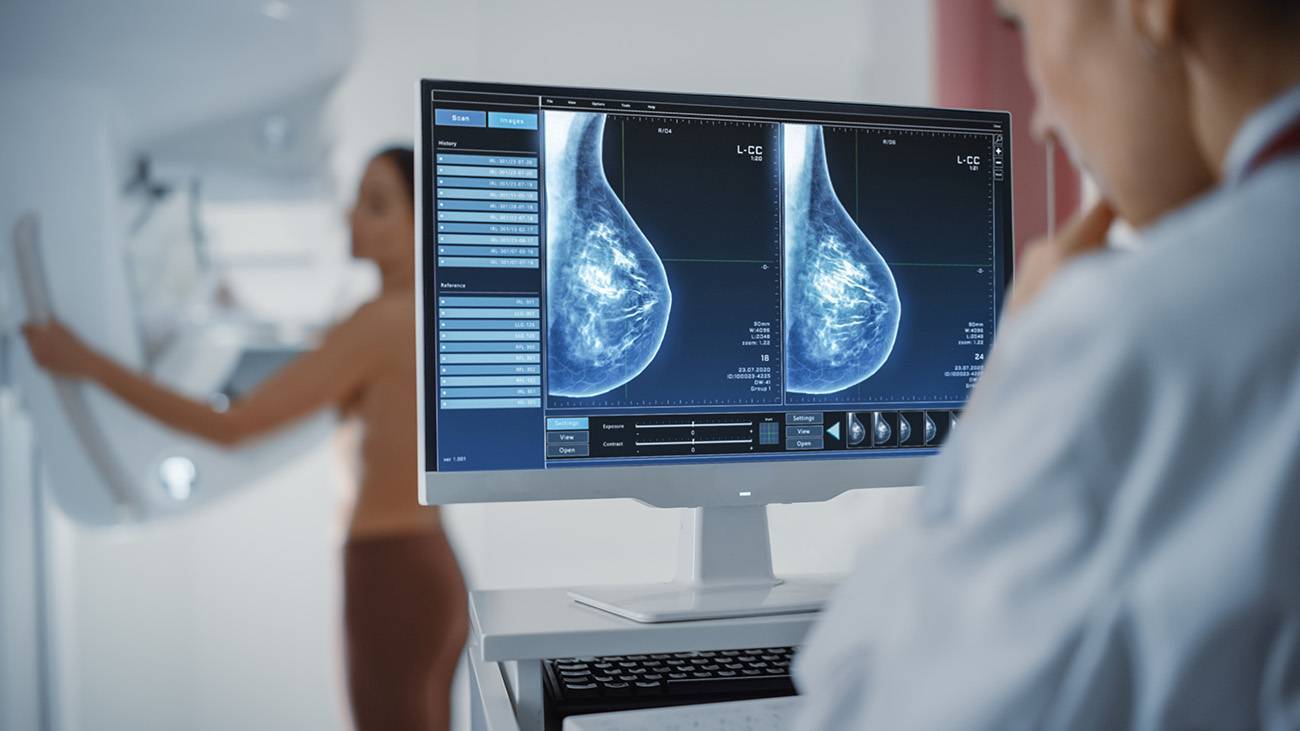Four out of ten cancer cases due to modifiable factors such as tobacco, according to WHO analysis
In 2022, approximately four out of every 10 new cancer cases worldwide were due to modifiable risk factors, primarily tobacco or alcohol consumption and infections, including those caused by the human papillomavirus or H. pylori bacteria. These are some of the conclusions of a global study led by the World Health Organisation (WHO) and its International Agency for Research on Cancer (IARC), published in Nature Medicine. In Spain, 41.8% of cancer cases in men are attributed to modifiable external factors, compared to 26.1% in women, with smoking remaining the main factor (28.5% and 9.9%, respectively). The analysis is based on data from 185 countries.





